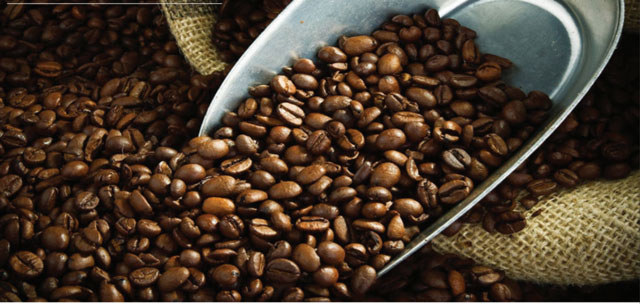
Coffee companies reap from URA’s Electronic Single Window System
Kampala, Uganda | JULIUS BUSINGE | Coffee exporters are now realising the benefits of the Electronic Single Window system that was unveiled across the region four years ago.
The Electronic Single Window is a computer aided system that enables companies to clear goods at customs online without necessarily moving around to do manual paperwork clearance.
Joseph Nkandu, the Executive Director at the National Union of Coffee Agribusiness and Farm Enterprises said prior to inclusion of coffee on the system in July 2018, NUCAFE was spending Shs350, 000 on moving around government agencies like Uganda Revenue Authority (URA) and Uganda Coffee Development Authority (UCDA) to clear their coffee for export.
That cost has since reduced to Shs100, 000 with the implementation of single window, he said.
“If digitization is handled very well it is the way to go,” he said at the Single Window Evaluation Workshop held at Uganda Manufacturers Association on March 06.
Nkandu said the system has also led to reduced time spent on processing documents for exports from 14 to two days.
It has also improved farmers’ turnover at export level with reduced payback time from 45 to 10 days after export for farmers’ final payment.
It has also increased farmers’ value addition and direct marketing in addition to enhanced use of the farmer ownership model and increase in NUCAFE membership by 25%
The system has increased women and youth entrepreneurial leadership in marketing by 65%. It has also increased farmer incomes from 250% in 2017 to 900% today.
Another coffee exporting company, UGACOF Limited, a subsidiary of Sucafina SA has also registered improvements in the trade.
The company’s Documentation Officer, Douglas Nuwamanya said that the system has made export process more efficient.
It has also led to faster preparation of custom documents and cargo dispatch delays have grossly reduced to hours hence more timely shipments of cargo.
He added that the system has also reduced logistics costs including transport penalties from movement delays, demurrage and administrative costs.
“Under this system we can even track our coffee until it reaches the final destination,” Nuwamanya said.
UCDA’s Managing Director, Emmanuel Iyamulemye, said the system has aided the authority to capture more data on exports and promote transparency in the coffee business.
For instance, he said coffee exports data captured have increased from 3.3million bags (60 kgs) recorded in the financial year 2015/16 to 4.6million bags today.
He said projections are that by the end of FY2018/2019, coffee exports will have hit 5.1 million bags.
He said UCDA has recorded savings of Shs40 million as a result of reduced paperwork under the single window system.
Going forward, he said they are looking at encouraging dealers to do value addition (roasting) to support the growing demand for coffee, creation of jobs and economic growth.
Frank Matsaert, the chief executive officer of the funding agency Trademark East Africa (TMEA) told The Independent on the sidelines of the event that there are now 16 agencies connected to the system since 2015.
“Single window has been impressive,” he said. He added that increasing coffee exports aided by the system is important for making Uganda more competitive on the international market.
“I think it is really quite a powerful instrument for increasing trade,” he said, “We are very glad that we are part of it as TMEA.”
Matsaert said they plan to increase the number of agencies on the system to 30 to mainly facilitate export activities.
TMEA has since 2015 invested US$8million and, another US$4 million will be invested in the second final phase of the system to be implemented by 2021.
Stephen Magera, the assistant commissioner in charge of trade at Uganda Revenue Authority, said the system is critical as it works together with other systems under URA and the East African Community Revenue Authorities.
He, for instance, said when URA triggers the decision in Uganda, it is automatically seen by the other revenue authorities in the region who make prompt responses, hence facilitating trade activities.
Magera said the system is helping coffee dealers to improve business efficiency. He added that it is also making it easier for URA to go about tax matters.
Uganda hopes to export at least 20 million bags (60kg) of coffee by 2025 up from the current 4.6million bags.
****
 The Independent Uganda: You get the Truth we Pay the Price
The Independent Uganda: You get the Truth we Pay the Price



